The Hungarian government has met the conditions for receiving cohesion funding in the areas of the education and training system and in gender equality.
Let me first clarify the concept of thematic enabling conditions. These are conditions that require member states to establish the sectoral strategic frameworks necessary for the effective implementation of operations under cohesion policy. I would like to stress that these are not linked to concerns about the rule of law in Hungary, nor are they linked to the horizontal enabling conditions for the Charter of Fundamental Rights, the Recovery and Resilience Faculty or the Conditionality Mechanism,
said Stefan De Keersmaecker, spokesman for the European Commission in response to a question from Portfolio on the situation of cohesion funding for Hungary.
The €2 billion in cohesion monies now unblocked comes from a different fund than the €20 billion that remains frozen, which Ursula von der Leyen admitted as being held back for among other reasons concerns about LGBTQ rights, academic freedom and refugee rights.
At the press conference, Keersmaecker also pointed out that the European Commission had asked not only Hungary, but most of the member states applying for cohesion funds, to improve the plans submitted.
Hungary, like most member states, did not fulfill some of the so-called thematic enabling conditions when the program was adopted,
he said. Following the Commission's objections, a negotiation process was launched with the Hungarian government.
These talks concluded successfully, enabling Hungary to receive €2 billion in funding.
Cover photo: European Commission President Ursula von der Leyen leaves the podium after speaking during a debate on European security and defense issues in the European Parliament (EP) plenary session (MTI/EPA/Ronald Wittek)
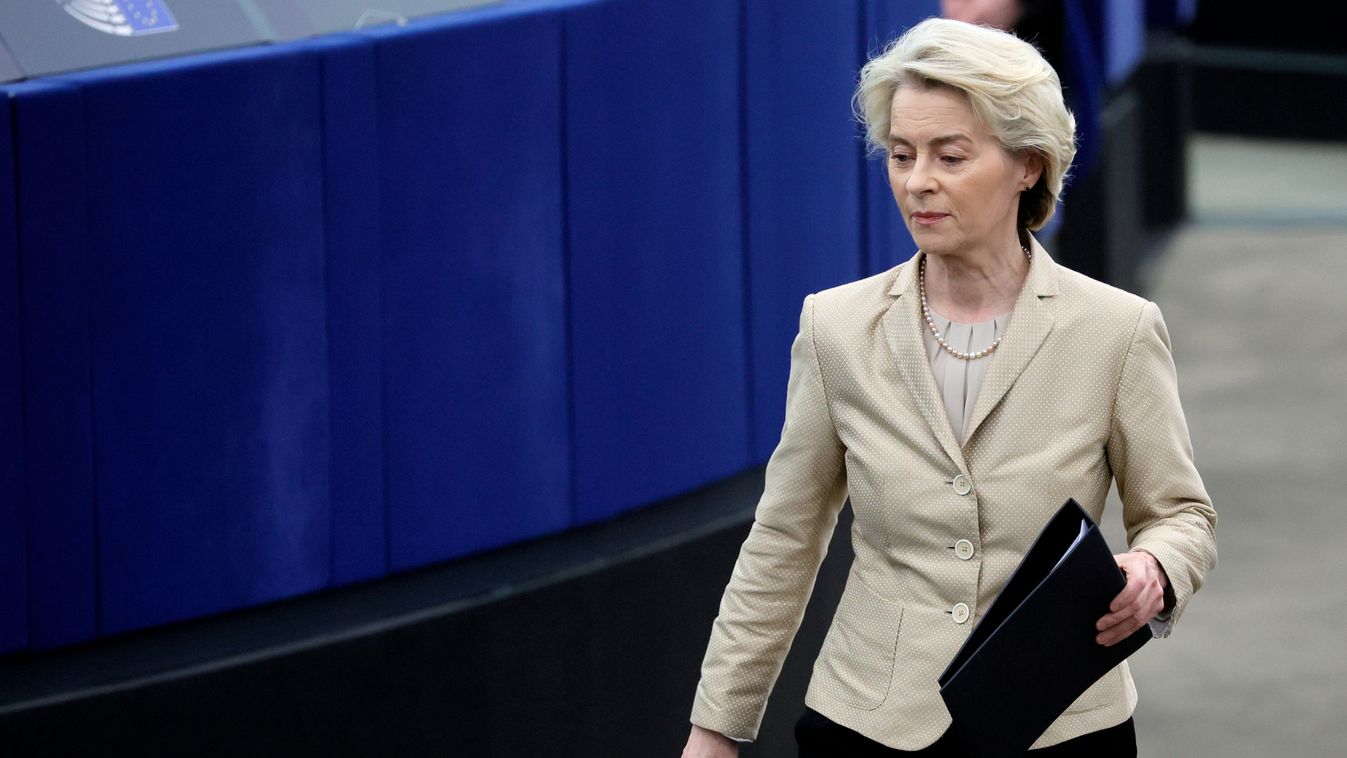

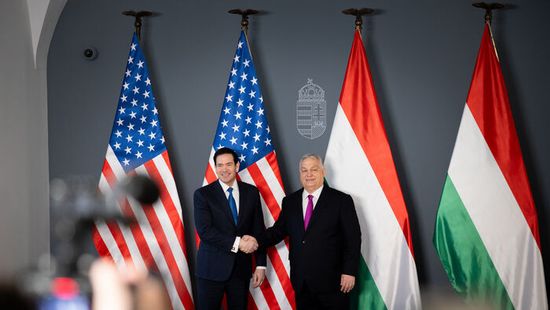
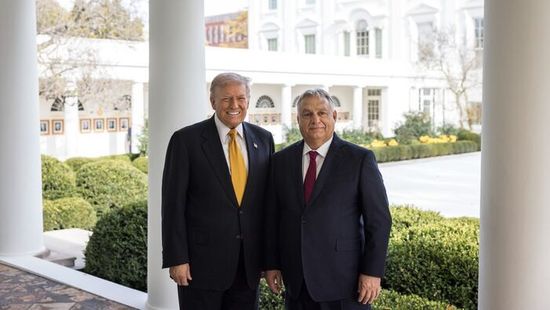







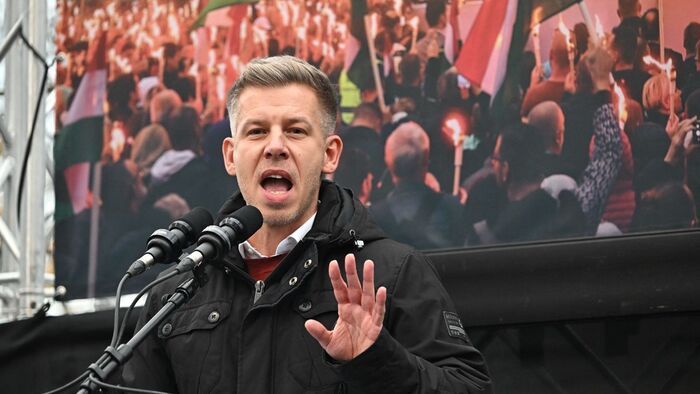

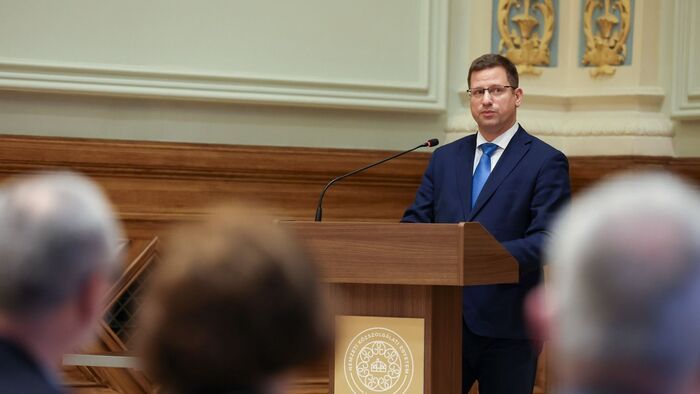

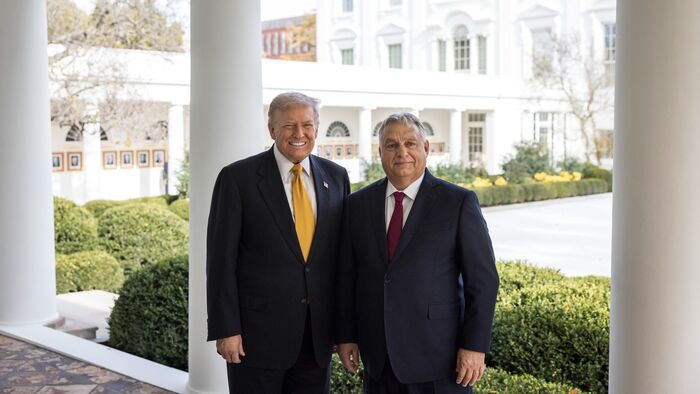
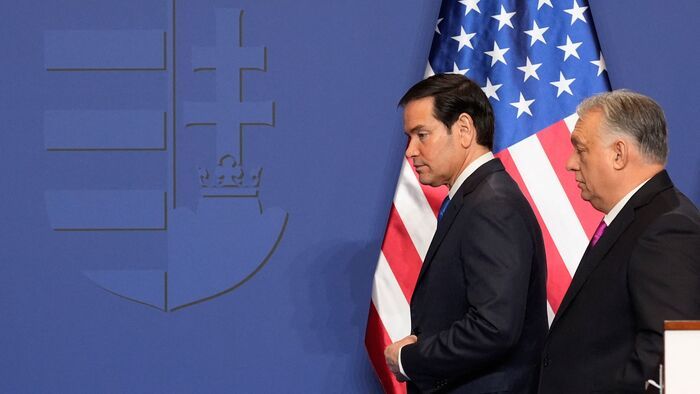
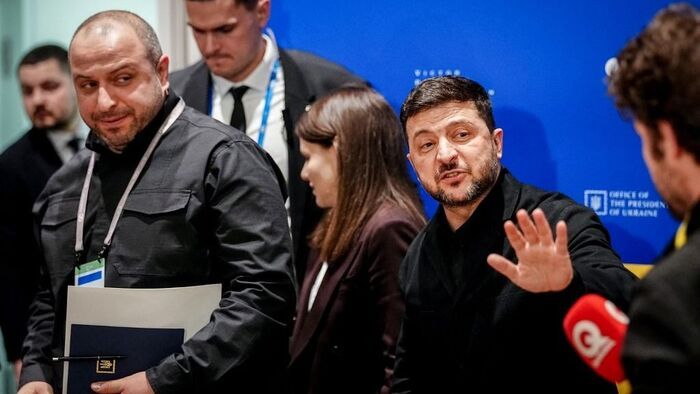





Szóljon hozzá!
Jelenleg csak a hozzászólások egy kis részét látja. Hozzászóláshoz és a további kommentek megtekintéséhez lépjen be, vagy regisztráljon!